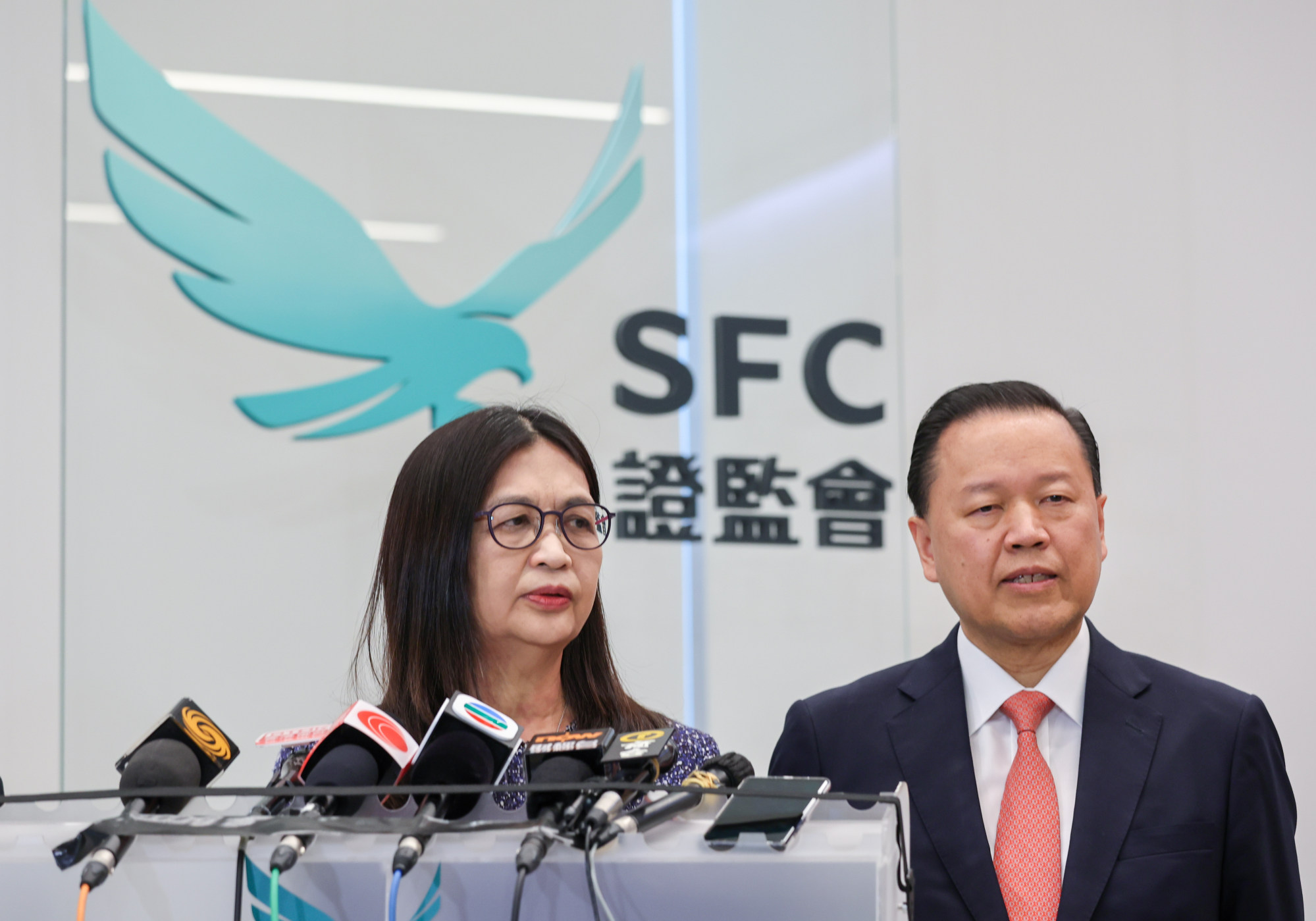Hong Kong’s SFC proposes slashing Stock Connect threshold by 80 per cent to draw mainland funds to city’s market
He also suggested that the mainland’s market regulator speed up the registration procedure for Chinese companies seeking to list in Hong Kong and assist the city in launching more derivative products tied to yuan assets to strengthen ties.

Lui’s proposals underscore the growing influence of mainland investors since the cross-border Stock Connect scheme, set up in 2014, allowed them access to Hong Kong’s US$4.8 trillion stock market, where a bunch of Chinese tech giants from Alibaba Group Holding to Tencent Holdings are listed and also dominate trading volumes.
Increased participation by onshore investors could boost the valuation of overseas listed companies and help solidify Hong Kong as the third-largest stock market in Asia at a time when foreign investors are moving funds to emerging markets such as India, which is fast closing in on the city in terms of market capitalisation.
Mainland traders contributed to about 30 per cent of the daily turnover on average last year, compared with 3 per cent in 2015, according to data from the Hong Kong stock exchange.
To attract more mainland investors, Lui suggested that China slash the 20 per cent dividend tax to align with the mainland, where investors are exempt from the levy on the condition that they hold the stocks for at least a year.
On the Wealth Management Connect scheme, which allows investors from Hong Kong and the mainland to access each other’s investment products, Lui advocated allowing cross-border investment consulting services and mutual recognition of securities and futures business licences.
Lui’s proposal comes at a critical time for Hong Kong stocks. The Hang Seng Index seems to have stabilised after rebounding from close to a 13-year low, as sentiment has improved after Beijing ramped up market-rescue measures.
In Lui’s other submission to the NPC, he proposed issuing qualified domestic institutional investor (QDII) funds that will invest in Hong Kong-traded stocks, bonds and exchange-traded funds sold by the countries linked to China’s Belt and Road Initiative. The initial quota on such funds could be set at 500 billion yuan, and the move would attract more belt and road countries to issue financial assets in the city and promote the prosperity of the capital market, the submission said.